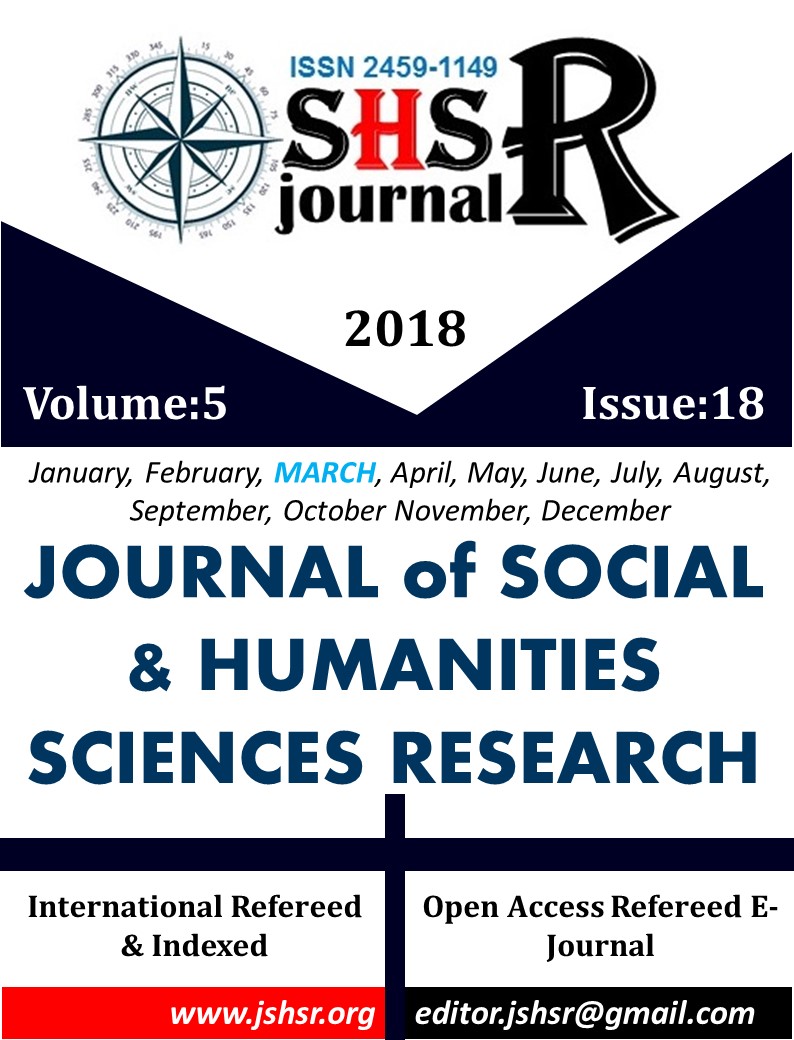ROLE OF OIL IN TURKEY AND IRAN RELATIONS
DOI:
https://doi.org/10.26450/jshsr.386Keywords:
Turkey, Iran, energy policies, Oil and gasAbstract
Turkey’s energy cooperation with Iran has added a new vision to the determination of energy strategies both in the world and in the Middle East. Production and consumption of energy resources in the world is expected to continue in the coming years. In this century, the demand for oil and natural gas will continue gradually in the world. In the light of these ideas, countries that have energy preserve their importance, while in addition, the importance of countries that distribute and transport this energy to the world will increase. For the last 50 years in Europe and in Turkey for the past 30 years, the increasing importance of logistics energy purchase and especially oil plays a major role in reducing costs. Turkey has a strategic position between Asia and Europe, as well as being in the Customs Union, its geopolitical value increases even more. On the other hand, Iran’s political problems with the United States concern the European Union about energy. This is reflected in the political and economic relations between Turkey and Iran. Despite these problems, Turkey is a mediator between supply and demand in the energy field. The more valuable oil is to Turkey, the more important it is to market and distribute oil for Iran. Turkey is at a crossroads in the safe and fast transportation of energy from the region. For this reason, Turkey and Iran are two countries in need of each other to develop their economies and expand their power fields. As a result, this study will focus on the role of oil that has an impact on the shaping of this union.
Downloads
Published
How to Cite
Issue
Section
License
Copyright (c) 2018 INTERNATIONAL JOURNAL OF SOCIAL HUMANITIES SCIENCES RESEARCH

This work is licensed under a Creative Commons Attribution 4.0 International License.


